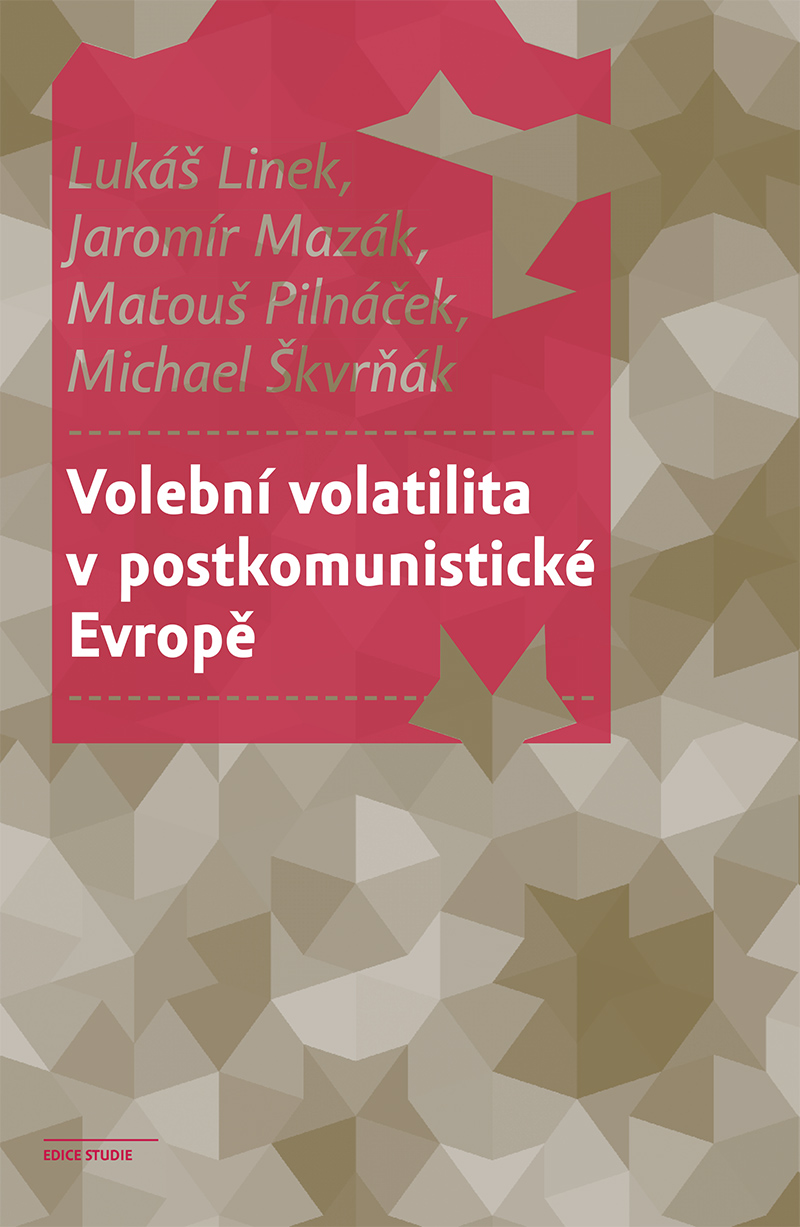Project Duration: 2019 - 2021
The project analyses the level and sources of electoral volatility in post-communist countries. This project focuses on individual-level volatility in consecutive parliamentary elections by examining electoral participation and party choice decisions. This project is composed of two parts: (1) estimating the level of volatility and its decomposition according to the newness of parties (within- and extra-system volatility), the positions of parties within the party system (block and within-block volatility), and electoral participation and (2) testing explanations of electoral volatility and its components. The project will use secondary analyses of post-election and panel surveys. The theoretical and methodological innovations of the project lie for example in the use of a refined definition of electoral volatility, systematic implementation of this definition across post-communist countries, and cross-validation using post-election and panel survey data.
Principal Investigator:
Members of the project team:
Topics:
Politics and Political Attitudes, Elections and Electoral Research
Contracting authority:
Grant Agency of the Czech Republic
Department:
Related Publications
Volební volatilita v postkomunistické Evropě
2023, Linek, L., J. Mazák, M. Pilnáček, M. Škvrňák
The Role of Incumbency, Ethnicity, and New Parties in Electoral Volatility in Slovakia
2020, Linek, Lukáš, Olga Gyarfášová
